Gardening for Seniors: Tips for a Thriving Garden
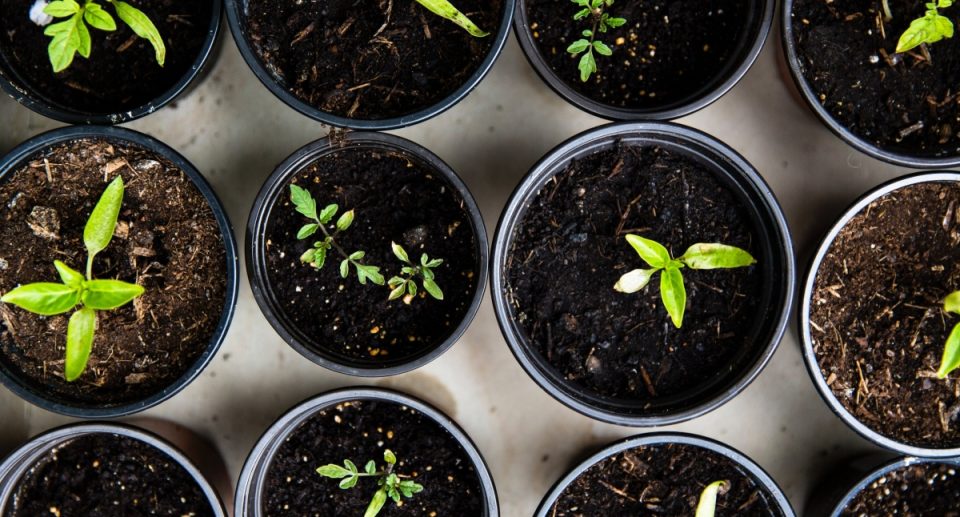
Gardening is a delightful and rewarding activity that offers numerous benefits for seniors. It provides physical exercise, promotes mental well-being, and fosters a connection with nature. Whether you have a large backyard or a small balcony, gardening can be adapted to fit your space and physical abilities. This guide will provide practical tips for seniors to create and maintain a thriving garden, ensuring it remains a source of joy and satisfaction.
The Benefits of Gardening for Seniors
Before diving into gardening tips, it’s important to understand why gardening is such a valuable activity for seniors:
- Physical Exercise: Gardening involves various physical activities such as digging, planting, weeding, and watering, which can improve strength, flexibility, and cardiovascular health.
- Mental Health: Spending time in nature and tending to plants can reduce stress, anxiety, and depression. Gardening provides a calming effect and a sense of accomplishment.
- Social Interaction: Gardening can be a social activity, whether participating in community gardens, gardening clubs, or simply sharing tips with friends and neighbors.
- Nutritional Benefits: Growing your vegetables and herbs can provide fresh, nutritious produce and encourage healthier eating habits.
Choosing the Right Plants
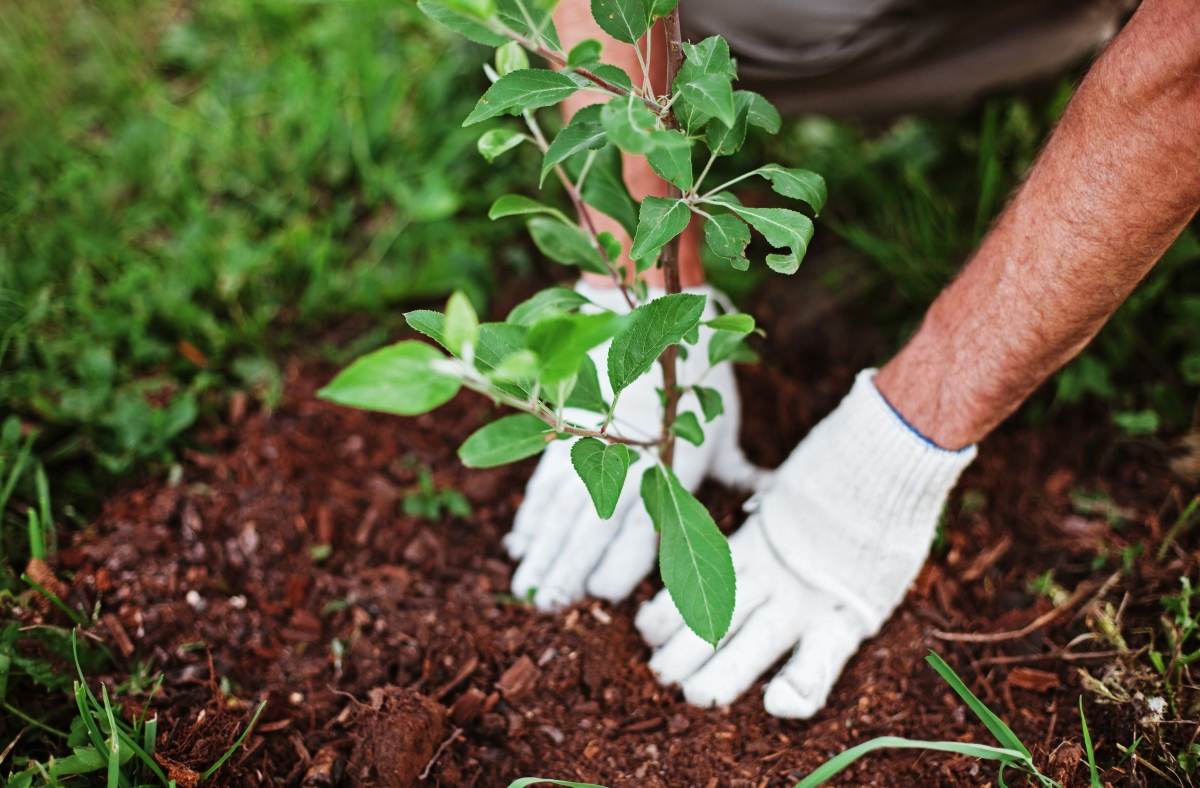
Selecting the right plants is crucial for a successful garden, especially for seniors who may have specific needs or limitations:
- Low-Maintenance Plants: Choose plants that require minimal care and are resilient to pests and diseases. Examples include succulents, lavender, and ornamental grasses.
- Raised Beds and Containers: If bending or kneeling is challenging, consider using raised garden beds or container gardening. These options allow for easier access and less strain on the back and knees.
- Easy-to-Grow Vegetables and Herbs: For edible gardens, choose easy-to-grow vegetables and herbs such as tomatoes, lettuce, basil, and chives. These plants often thrive with minimal care and provide a rewarding harvest.
Designing a Senior-Friendly Garden
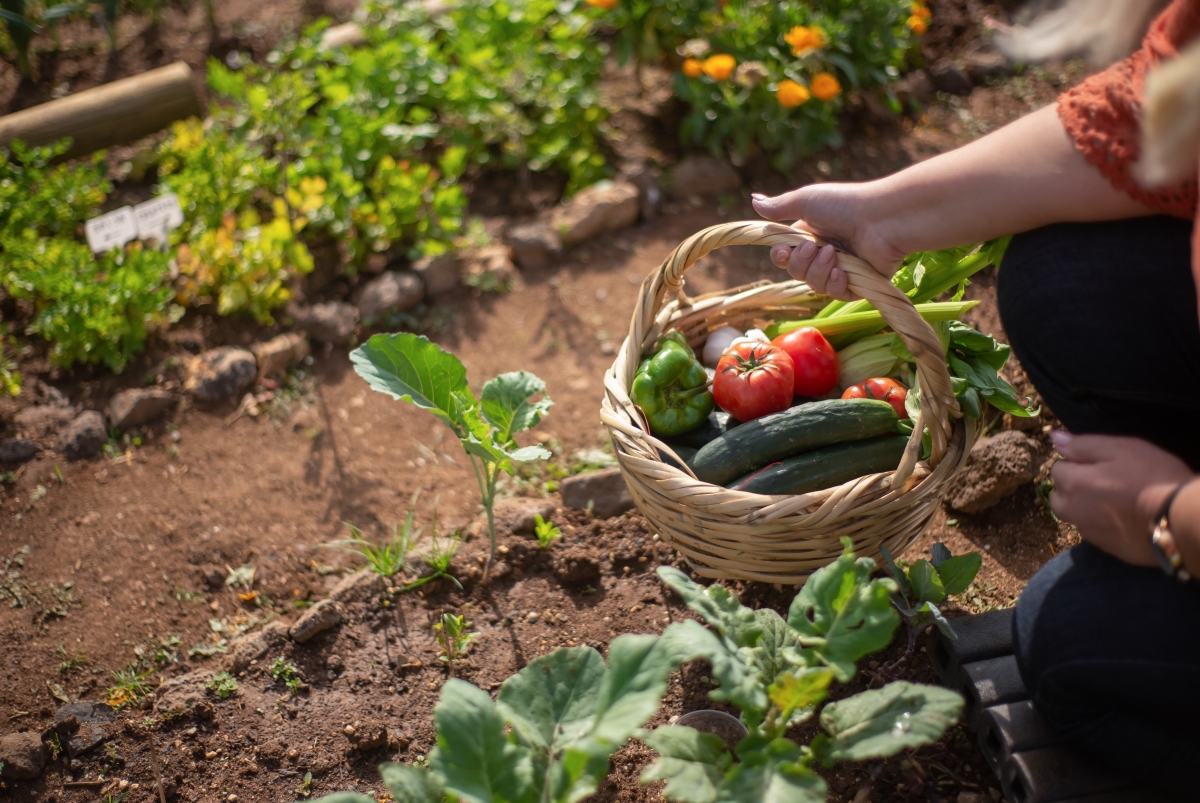
Designing a garden that accommodates physical needs and promotes ease of maintenance is essential:
- Accessible Layout: Plan your garden layout to minimize the need for excessive bending or reaching. Raised beds, containers, and vertical gardening can make gardening tasks more accessible.
- Pathways and Walkways: Create smooth pathways with non-slip surfaces to prevent tripping and ensure safe access to all garden areas.
- Seating and Work Surfaces: Include comfortable seating areas and work surfaces at a convenient height. A sturdy bench or chair can provide a place to rest and work comfortably.
Gardening Tools and Equipment
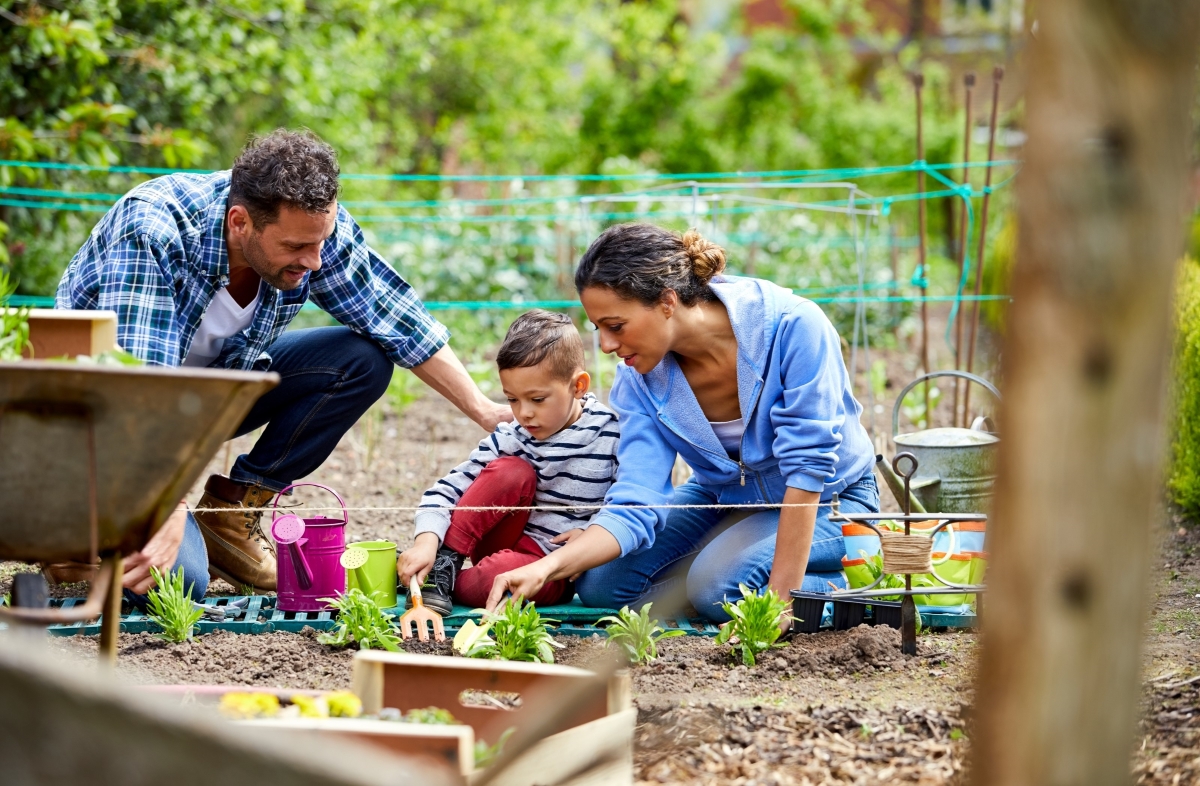
Using the right tools can make gardening easier and more enjoyable:
- Ergonomic Tools: Invest in ergonomic gardening tools with padded handles and lightweight designs. These tools reduce strain on the hands and wrists and make gardening tasks more manageable.
- Tool Grips and Extensions: To enhance comfort and reach, use tool grips or extension handles. These accessories can make handling tools and tasks easier without excessive bending or stretching.
- Garden Kneeler: A garden kneeler with built-in handles can provide support when kneeling and help you get up more easily. Some models also include storage for tools and a cushioned surface for added comfort.
Gardening Techniques for Ease
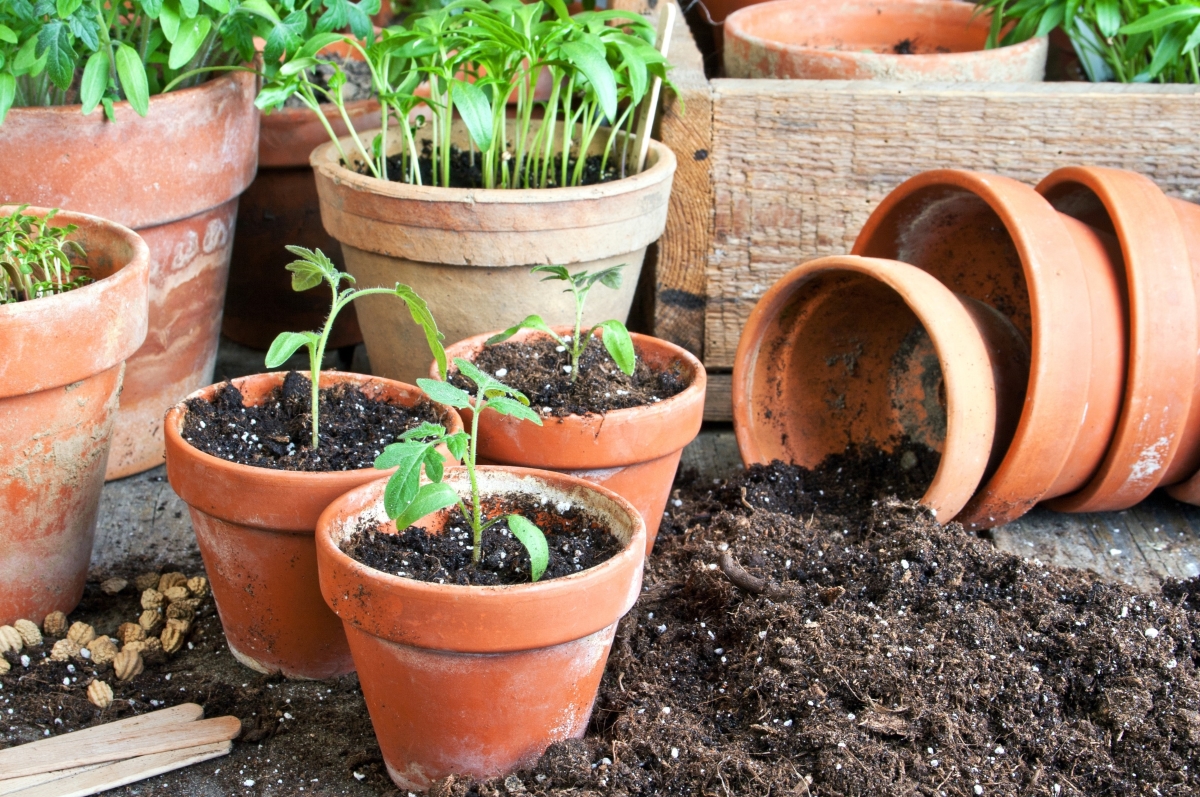
Adopting certain gardening techniques can help reduce physical strain and make gardening more enjoyable:
- Mulching: Apply mulch around plants to reduce weeds, retain moisture, and minimize the need for frequent watering. Mulching also helps keep the soil temperature consistent.
- Drip Irrigation: Install a drip irrigation system to provide consistent, efficient watering with minimal effort. This system delivers water directly to the plant roots, reducing the need for manual watering.
- Seasonal Planning: Plan your garden according to the seasons. Choose plants suitable for the climate and time of year to ensure successful growth and minimize maintenance.
Staying Safe While Gardening
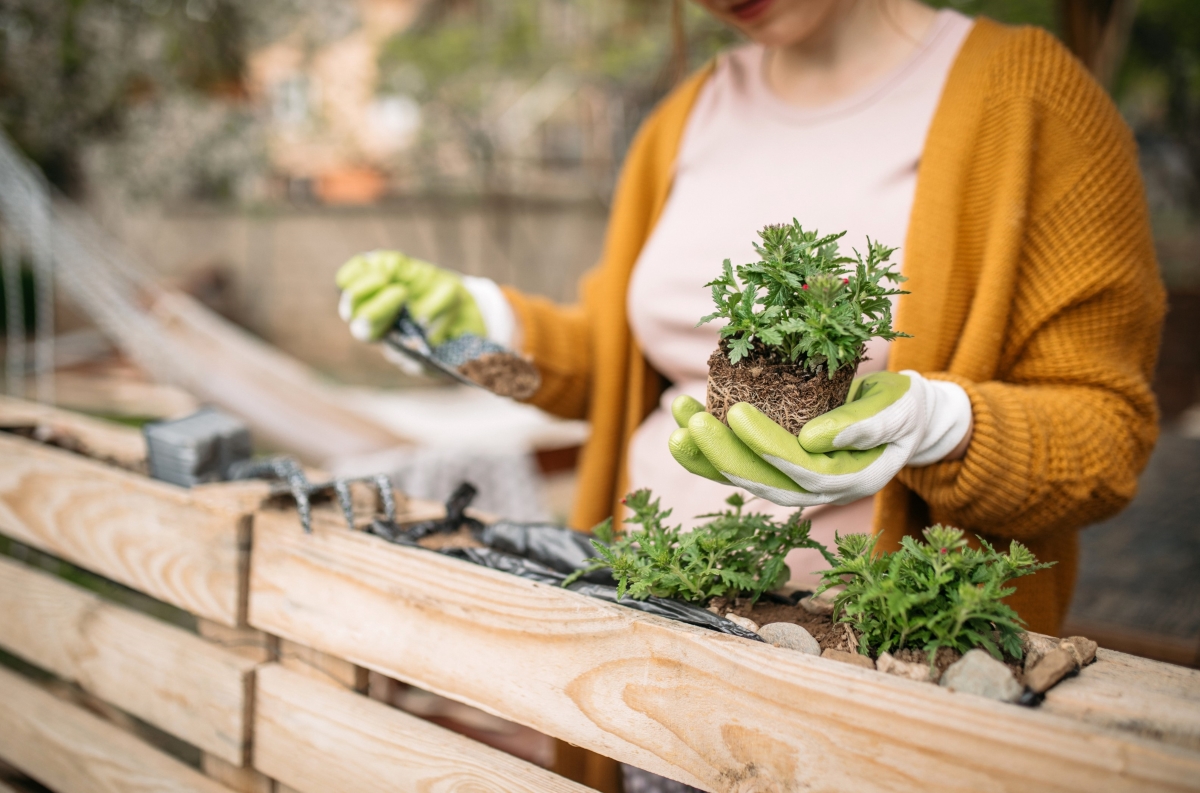
Safety is an important consideration for seniors engaged in gardening:
- Wear Protective Gear: Use gardening gloves to protect your hands from cuts, thorns, and irritants. Wear a wide-brimmed hat and sunscreen to shield yourself from sunburn.
- Stay Hydrated: Drink plenty of water, especially on hot days, to stay hydrated and prevent heat-related issues.
- Avoid Overexertion: Take breaks and listen to your body. Avoid overexerting yourself and seek help if you need assistance with heavy tasks or lifting.
Engaging in Community Gardening
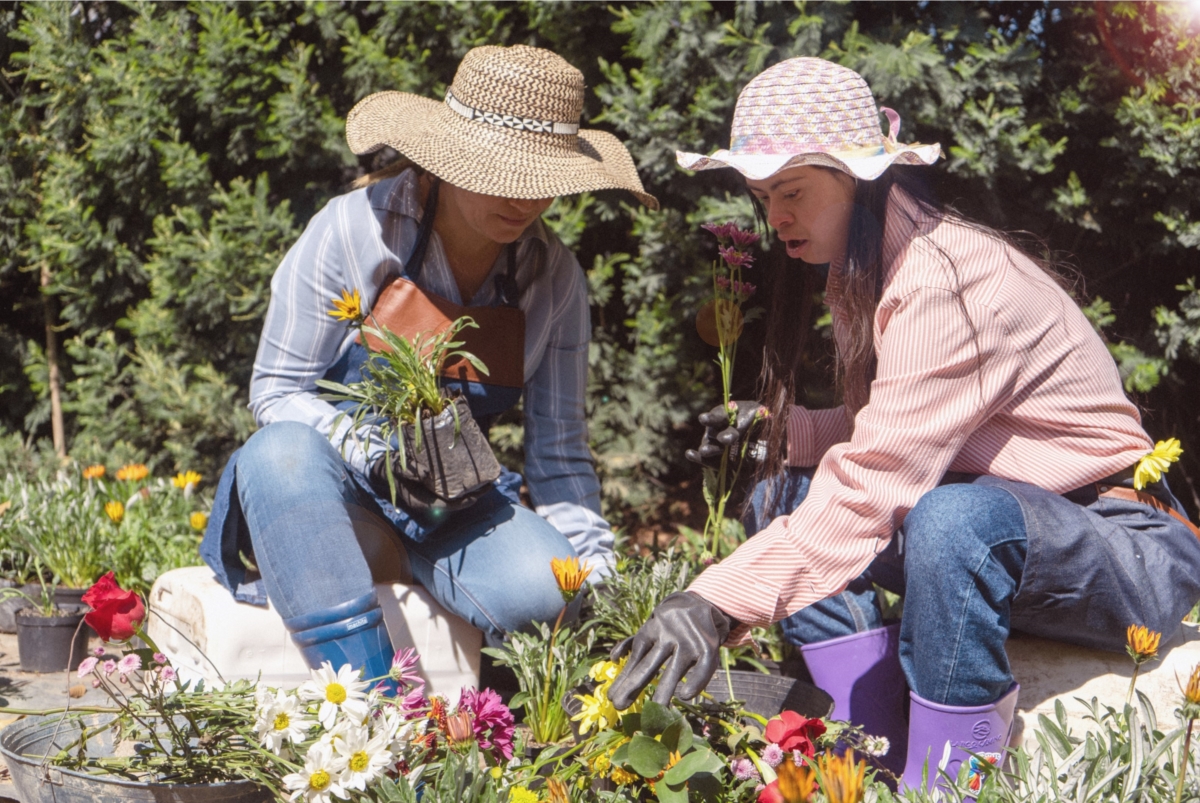
Community gardening offers additional benefits and opportunities for seniors:
- Social Interaction: Join a community garden to meet fellow gardeners and engage in social activities. Community gardens often provide a supportive environment and opportunities to share knowledge and experiences.
- Shared Resources: Community gardens often have shared resources such as tools, compost, and water. This can reduce the need for personal investment in gardening supplies and equipment.
- Learning Opportunities: Participate in gardening workshops and events organized by community gardens. These events can provide valuable tips, techniques, and inspiration.
Maintaining Your Garden
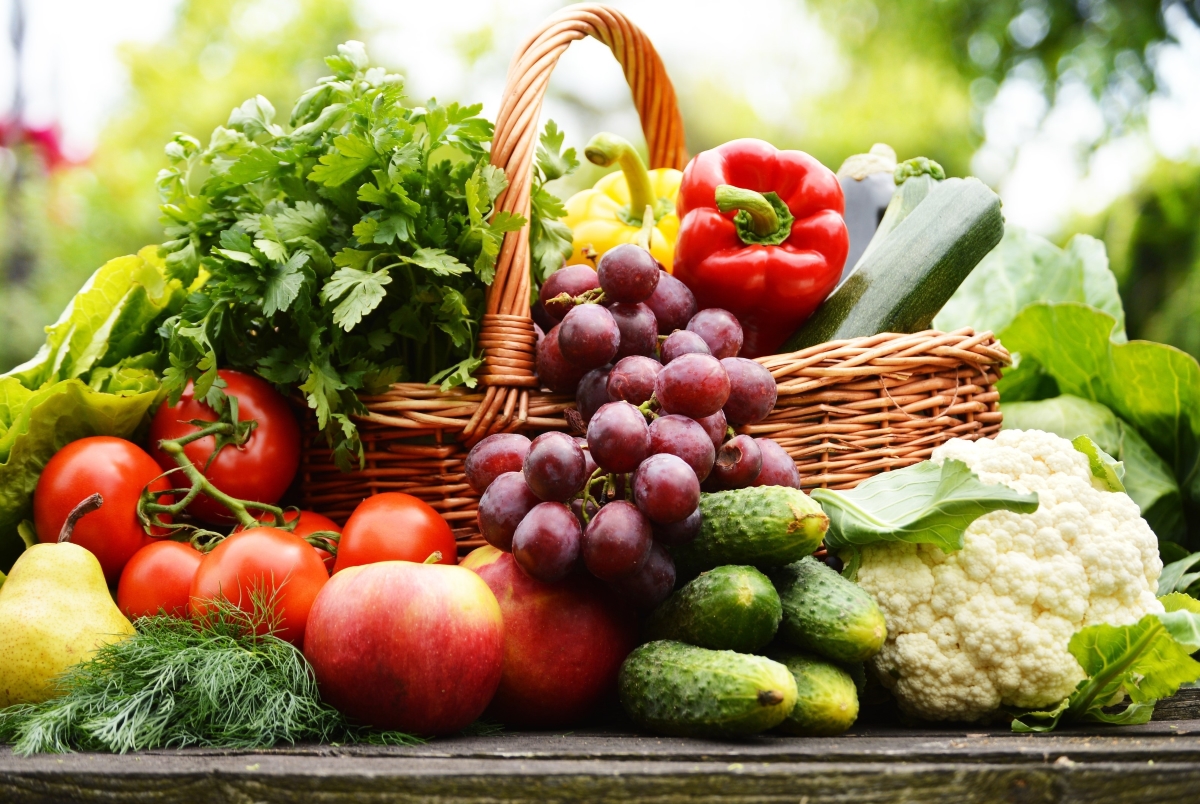
Ongoing maintenance is key to a thriving garden:
- Regular Check-Ups: Monitor your garden for pests, diseases, and plant health. Early detection and intervention can prevent problems from worsening.
- Pruning and Deadheading: Prune plants as needed to promote healthy growth and remove dead or damaged parts. Deadheading (removing spent flowers) can encourage more blooms and prolong flowering periods.
- Seasonal Care: Adjust your gardening practices according to the seasons. Mulch and cover plants for winter to prepare them for winter, and refresh the garden in spring by cleaning up debris and replanting.
Conclusion
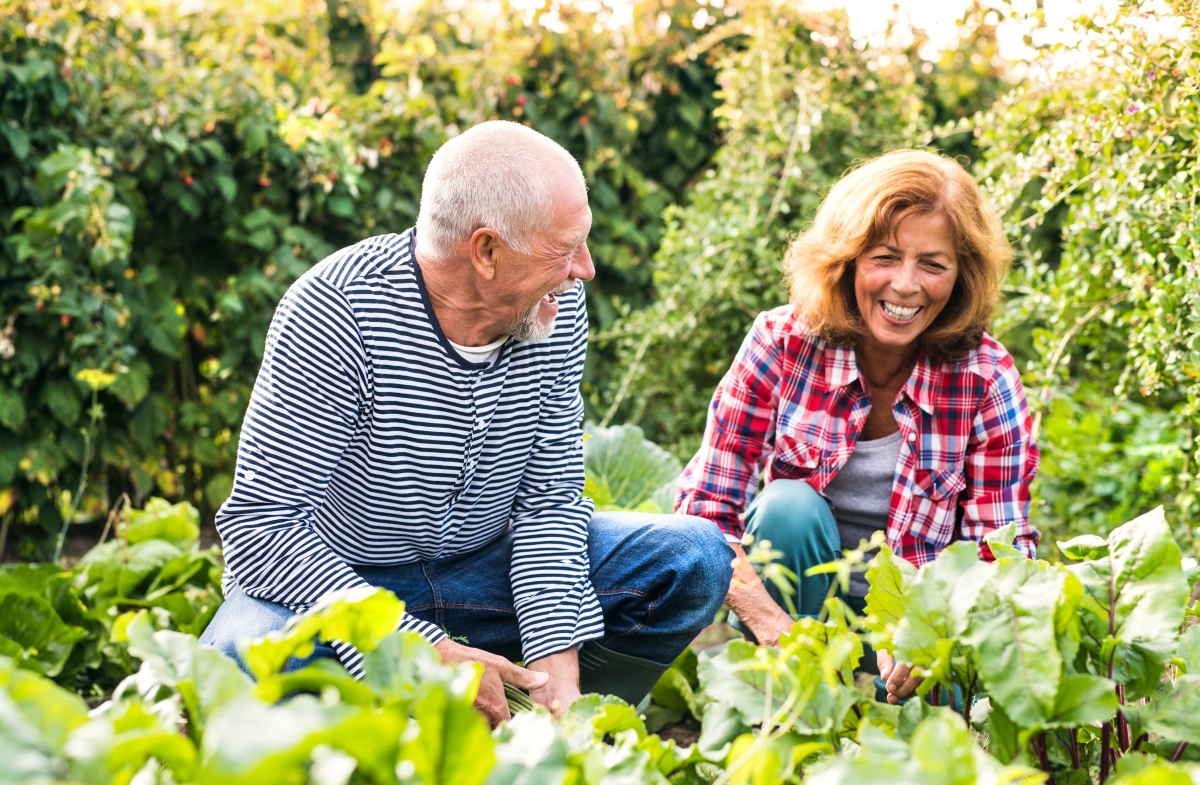
Gardening is a wonderful activity that benefits seniors physically, mentally, and emotionally. Choosing the right plants, designing a senior-friendly garden, using appropriate tools, and adopting practical techniques can create a thriving garden that brings joy and fulfillment. Whether growing vegetables, herbs, or ornamental plants, gardening provides a meaningful way to connect with nature and enjoy a rewarding hobby. Embrace these tips to make gardening a safe, enjoyable, and enriching experience, and let your garden flourish as a testament to your dedication and care.





